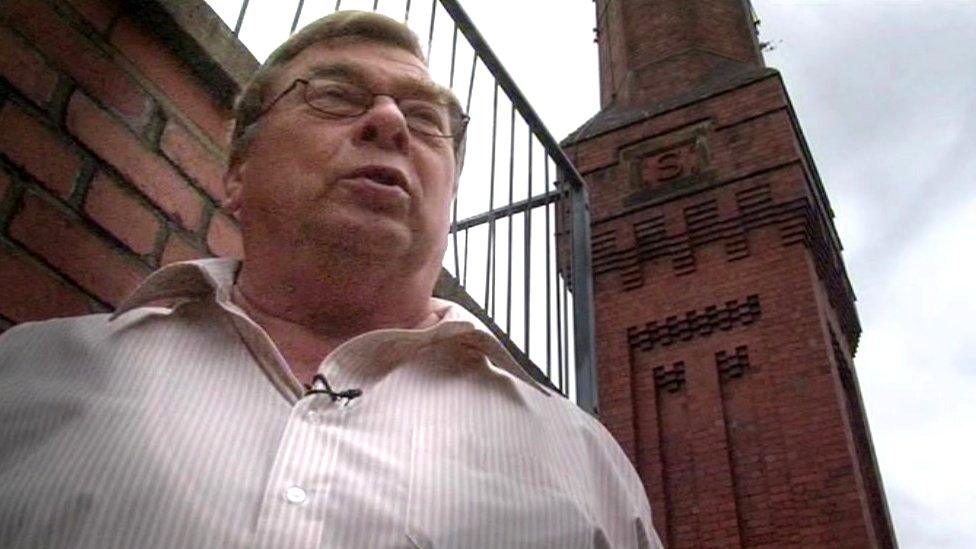Welsh Assembly election: Smaller parties making a mark
- Published

John Marek was the first AM to be elected as an independent after he split from Labour
Smaller parties and independent candidates have been a feature of Welsh Assembly elections over the last 17 years.
The first assembly member to be elected from outside the four parties was John Marek, who .
He had been deselected as Labour candidate for a seat he had represented as an MP or AM for 20 years following a series of disputes with party colleagues in Cardiff Bay and Wrexham.
Dr Marek stood against another Labour AM for the post of assembly deputy presiding officer and won.
He was also accused of undermining his party in a private letter to an official of the Communication Workers Union, recommending the union stopped donating to Labour until the government improved its attitude towards public services.
Standing for the John Marek Independent Party, he won with a majority of 973 over the Labour candidate Lesley Griffiths.
He later formed a new political party called , a party that recruited former Labour Welsh Secretary Ron Davies to its ranks.
Dr Marek ran for re-election in 2007, but this time by over 1,200 votes.
In 2005 another Labour AM - Peter Law from Blaenau Gwent - cut his ties with the party he had represented at the assembly since 1999.
Trish Law was elected as an independent AM following the death of her husband Peter
He left the party in protest at its policy of all-woman shortlists at the 2005 general election, .
aged 58, after being diagnosed with a brain tumour.
His widow Trish Law won the seat in the Assembly by-election that followed, with a majority of over 4,400 under the banner of Blaenau Gwent People's Voice.
Mrs Law said: "This is a victory for Blaenau Gwent: a victory for honesty and integrity".
She promised to be a "voice for our communities" and to "ensure that never again will the area be taken for granted".
Mrs Law held on to the seat in the 2007 election, increasing her majority to over 5,300.
But in September 2010, she announced that she would not seek re-election in 2011.
"Having achieved what I know Peter would have wanted me to achieve and having given my all to the constituency and its people I care so much about for the past few years I have decided to stand down in May and put my family first," she said.
The Green Party has never had any assembly members, but the regional list system does give them some hope of gaining seats at the Senedd.
In 2011 they polled over 32,500 votes - 3.4% - on the regional list across Wales, just below their 2007 result of 33,800 votes (3.5%).
The British National Party's best performance came in 2007, winning 42,197 votes on the regional lists or 4.3% of the vote. Four years later in 2011 their support had fallen to 22,600 votes or 2.4%.
The Socialist Labour Party saw their best result in 2011 when they won just over 23,000 votes on the lists across Wales, representing 2.4% of those who voted.
- Published21 March 2016